The Forum for Young Scientists (FYS) was founded in 2016 with the aim to create a platform for PhD-students and post-doctoral candidates from the VU University. With this platform we would like to create an environment where young scientific researchers can discuss problems with their peers, work on their personal development and to network with researchers from other disciplines. Diversity and transparency are very important in our bottom-up network. Our network currently consists of ~300 young researchers.
Examples of workshops that we organized in the past can be found here. During the workshops we aim to work one of the following three subjects: career development, soft-skill and emotional well-being. Please continue reading if you want to know more about these topics. If you want to be notified about upcoming workshops, please sign up for our mailing via the contact form.
Core Topics
Soft skills development
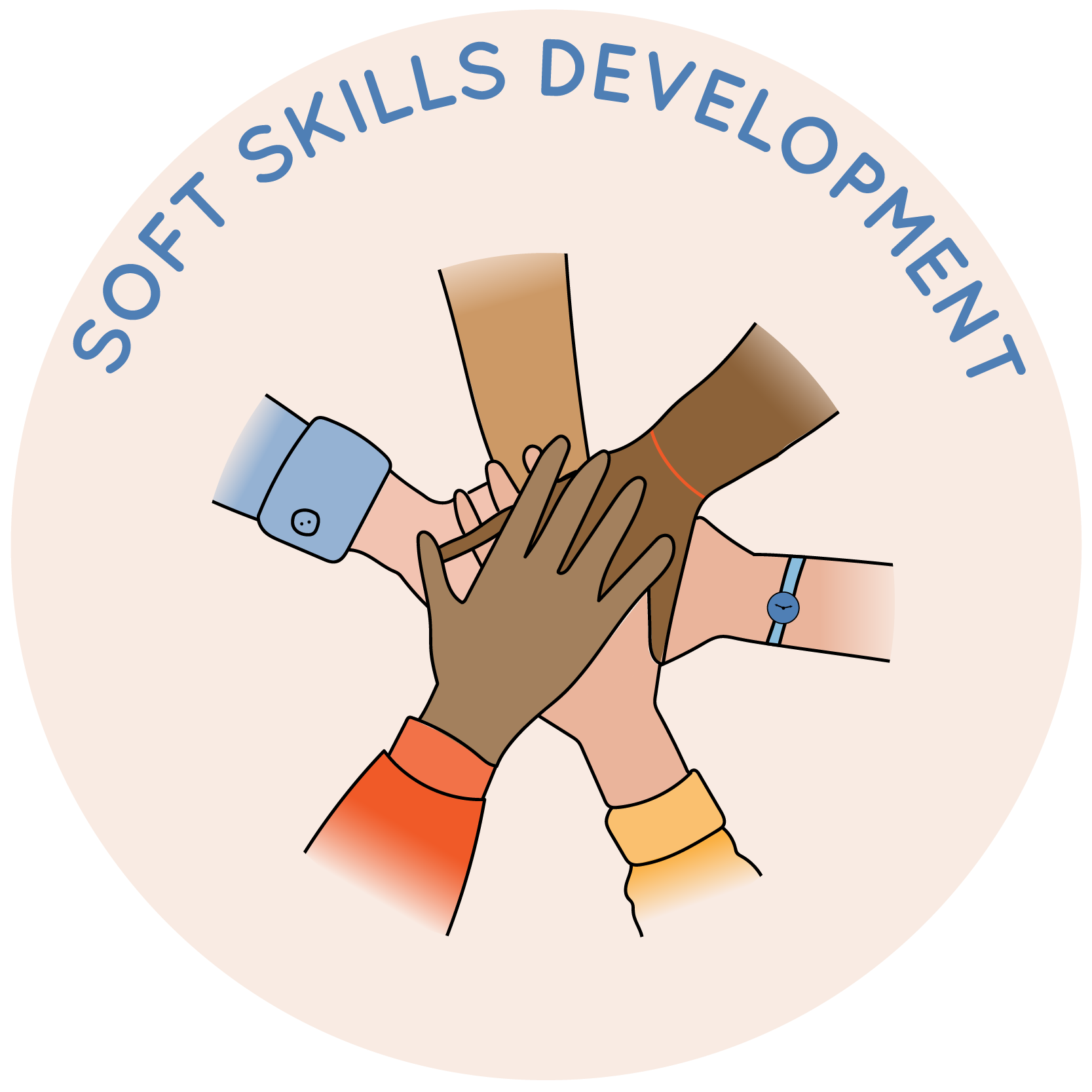
HR-managers and recruiters often complain that candidates do not have the right soft-skills to fit the job requirements. In the academic world everything is focused on learning hard skills. You learn for example how to perform statistical analysis, programming or performing experiments. However, often without releasing it, you also have to deal with things as managing your time, presenting your data and giving feedback. These are examples of very important soft-skills.
The Forum for Young Scientists aims to organize two workshops per year to recognize and train soft-skills. Please find an overview here of previous workshops on soft-skills:
- Understanding team dynamics
- How to give a presentation
- The art of effective feedback
- Leadership
- Conflict management
- Time management
- Negotiating in science
Emotional well-being at work
Emotional well-being involves satisfaction with your private and professional life. This means that you first have to understand and recognize pleasant and unpleasant feelings that you come across. As a next step you have to learn how manage these feelings. It does not necessarily mean that you are happy all the time, but it means you are aware of your emotions and you can deal with them. The Forum for Young scientists thrives to help you to become aware of your emotions and to find a healthy balance between work and private life. We feel that most of the PhD-students and postdocs are struggling with this balance.. With our workshops we hope we can make you more resilient.
The Forum for Young Scientists aims to organize two workshops per year to become more resilient. Please find an overview here of previous workshops on emotional well-being.
- How to prevent a burnout
- Work-life balance
- Time management
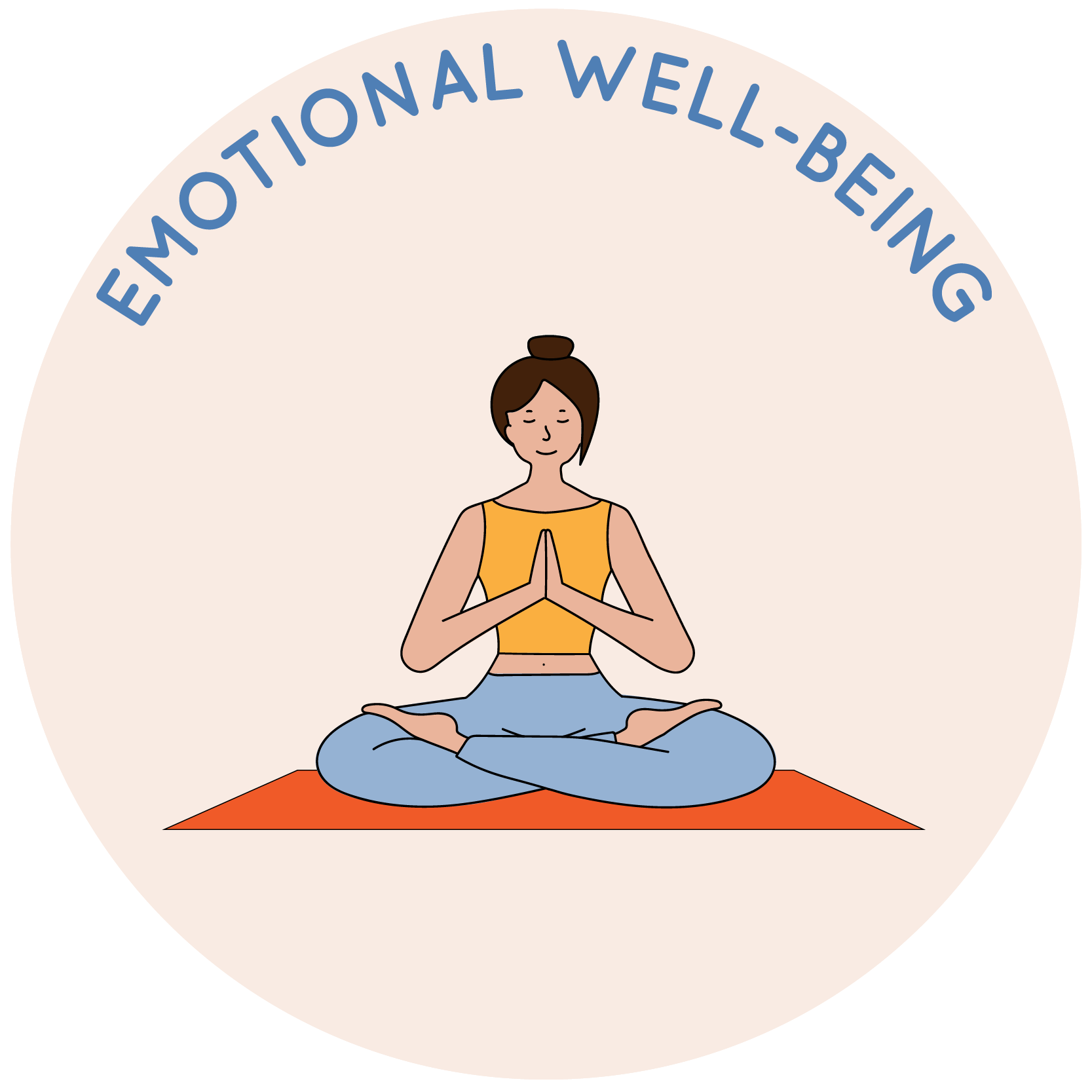
Career orientation

As a young scientific researcher in your field it is not always clear what direction you would your career to go into, or what it will involve in getting there. How does the path towards a career in academia look like, and what hordes could you evade or prepare yourself for? Your head might be full of research project ideas, but how do you make to the step to writing a grant, and how can you present your ideas in a convincing way?
Additionally, when you decide to step out of academia into industry or other organizations/institutes, the possibilities might seem endless, or you are unsure how qualified you actually are after years of academic research, mainly focusing on hard skills. In hindsight, could you have prepared yourself better during your PhD or postdoc for the step outside academia? Could you have worked more on network opportunities encountered during your work or visited conferences?
Do you know at all what thrives and motivates you after an exhausting PhD project? Learning to understand what skills are transferable to a different working field can already open up more career possibilities then you initially thought. Being able to identify and value those skills can reinforce new career choices. The Forum for Young Scientists aims to organize two workshops per year to work on your career perspectives. Please find an overview here of previous workshops on career orientation
- How to write a grant proposal
- Jump from academia to industry
- From bench to market
- Job application skills
- How to become a professor
Board Members
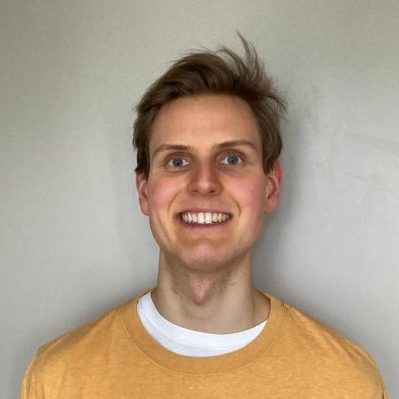
Siebe Lekanne Deprez, PhD candidate of the Faculty of Science, Department of Theoretical Chemistry, TheoCheM
Read more about SiebeAs a theoretical / computational chemist, I adore studying properties of molecules and trying to understand the way they interact. That is why my PhD project (started in February 2023) is about designing novel, self-reparable polymers for which I collaborate with colleagues from TU Eindhoven. Together, we aim to synthesize materials that can contribute to less plastic waste. Alongside my project, I find science communication truly fascinating and the societal aspect of (doing) research. I dove deeper into science communication during my masters and I developed a great interest in the relation between science and society, and between scientific communities themselves. Conducting research envelops much more than solely science and I realized that collaborating with scientists from other disciplines made me a much richer person in an enjoyable way! Thus, I am very excited to join the FYS community and organize interactive and playful workshops such as dialogues and hands-on participation to broaden the views of scientists from both a mental wellbeing and a soft skills point of view.
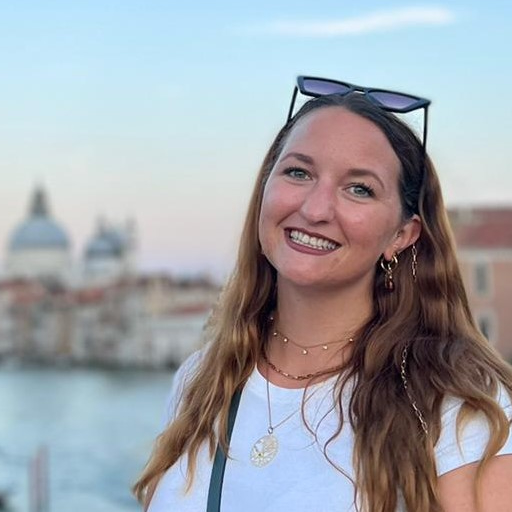
Janina Kupke, Postdoc of the Faculteit der Bètawetenschappen, Center for Neurogenomics and Cognitive Research, Molecular and Cellular Neurobiology
Read more about JaninaI am a Postdoc in the Department of Molecular and Cellular Neurobiology, having joined in November 2023. My academic journey began with a focus on neuroscience at the University of Heidelberg in Germany, where I completed my PhD in September 2023. My research focus is on understanding memory processes, particularly the role of epigenetic mechanisms. My passion for science outreach and peer support is demonstrated by my previous roles as spokesperson for the Neuroscience Masters, PhD representative, and as board member for a neuroscience competition for high school students in Germany. Now, at VU, I am eager to continue providing a platform and courses for fellow scientists. Specifically (but not only), I want to focus on starting postdocs and those who have moved from abroad and are seeking to establish new social circles. By joining the Forum for Young Scientists, we all can come together, share experiences, and support each other in navigating the early stages of our careers.

Margherita Martorana, PhD candidate of the Faculteit der Bètawetenschappen, Open Data Infrastructure for Social Science and Economic Innovations
Read more about MargheritaI am a 4th year PhD candidate at the VU, in conjunction with the ODISSEI project. My project concerns privacy-concerned data, and how to make Social Science Research on restricted data more FAIR (Findable, Accessible, Interoperable and Reusable). I am originally Italian, but I have lived for 8 years in London before moving to The Netherlands in July 2020. I have received a Bachelor of Science from the The Royal Veterinary College and a Master of Science from the Birkbeck University of London. I am very excited about joining the FYS and make the academic experience more enjoyable and successful for PhDs and PostDocs, through the organisation of workshops and training programs. Also, I am looking forward creating a community of Young Scientists where we can share experiences and tips, and support each other in our academic journey.
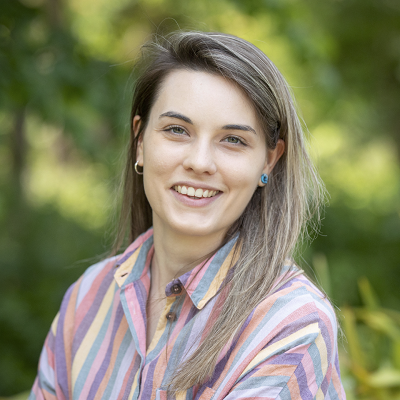
Giulia Bergamaschi, PhD candidate Faculteit der Bètawetenschappen, Physics of Living systems, LaserLab
Read more about GiuliaI am an experimental physicist, currently in the last year of PhD, with a passion for finding creative experimental solutions to shed light on the mechanoresponse of complex biological systems, as well as the microscopic structures contributing to it. During the past four years, the focus of my work has been to employ micromanipulation/single-molecule techniques to develop new experimental assays aimed at quantifying the mechanical properties of biological systems at different length scales. Alongside the PhD, I have a strong passion for art and graphic design, especially when these can be employed to improve science communication; I strongly believe that a good visualisation of ideas and research results is key for a more insightful understanding. I’m therefore extremely happy to be helping FYS with designing logos, core-topics illustrations and monthly newsletters.

Ying Shen, PhD candidate of the Faculty of Social Sciences, Sociology
Read more about YingMy PhD project focuses on children’s caregiving for older parents in both the Netherlands and China. Born during China’s one-child policy period, I grew up with many friends who were the only child in their respective families. Their caregiving burden is very heavy, because of the underdeveloped public care system and strong filial piety tradition. Meanwhile, the Netherlands adapts to the transition from a demographically young welfare state to an aging society with more individual, family, and community responsibilities. I am deeply interested in the similarities and differences in children’s caregiving for older parents between these two countries. Starting my PhD during a pandemic limited my chances to know my peers and feel connected. By attending one workshop that was organized by the FYS, I learned a lot and met peers with similar interests. I also saw myself being happier when I was able to help and interact with others. I truly believe that how we are connected to others, our communities, and the society determine the quality and meaning of our lives. I am looking forward to working in the FYS community and contributing to a better development of my PhD and Postdoc peers.
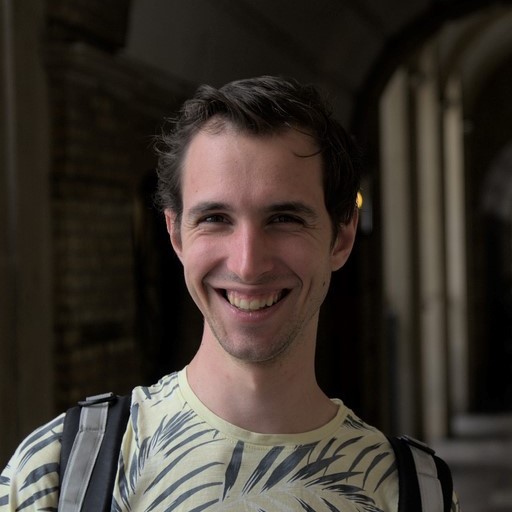
Niek Barmentlo, PhD candidate the Faculteit der Bètawetenschappen, Department of Ecology and Evolution
Read more about NiekI am a PhD candidate in Ecological Immunology at the Amsterdam Institute for Life and Environment (A-LIFE). My scientific passion lies in applying evolution and genomics for species conservation in terms of genetic health. For my PhD, I am assessing the variation in survival of wild boar to the African Swine Fever Virus. African Swine Fever is an incredibly lethal disease for pig species, currently causing epidemics in Europe, Asia, and Africa. The goal of the project is to find predictive factors for survival to make risk assessments for populations free of the disease. To achieve this, I use a combination of ecological and evolutionary theory, genomics, and immune measurements. After completing my PhD, I imagine leaving the academic world and trying a job in science communication. To that end, I started attending the FYS workshops as they allow for personal development in skills that are not just relevant in science. Since attending these workshops has been a blast, I decided to join the board!
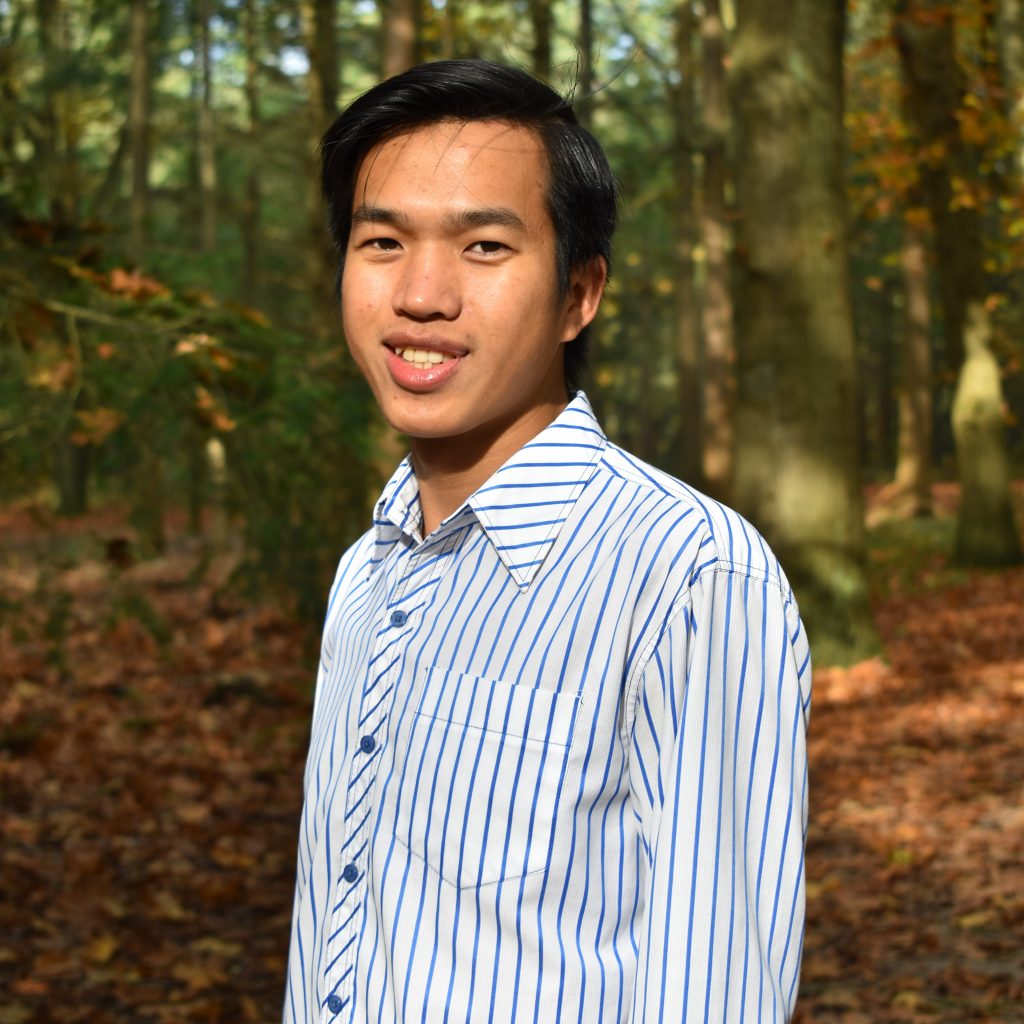
Hoan Van Nguyen, PhD candidate at the Department of Management & Organization, School of Business & Economics
Read more about HoanI was born and raised in Vietnam, but have been living here and there, and pursuing higher education in the Netherlands for quite a while. Currently, I am working as a PhD candidate in Entrepreneurship with a specific focus on startup accelerators. In my research, I wish to investigate whether acceleration programs have an influence on startup performance, and explore the underlying processes therein. Sharpening my research competence is important, but enhancing other academic and social skills is crucial as well. That is why I join FYS as a board member. Not only do I hope to nourish myself as a young scientist, but I hope to support others in their academic endeavors as well.
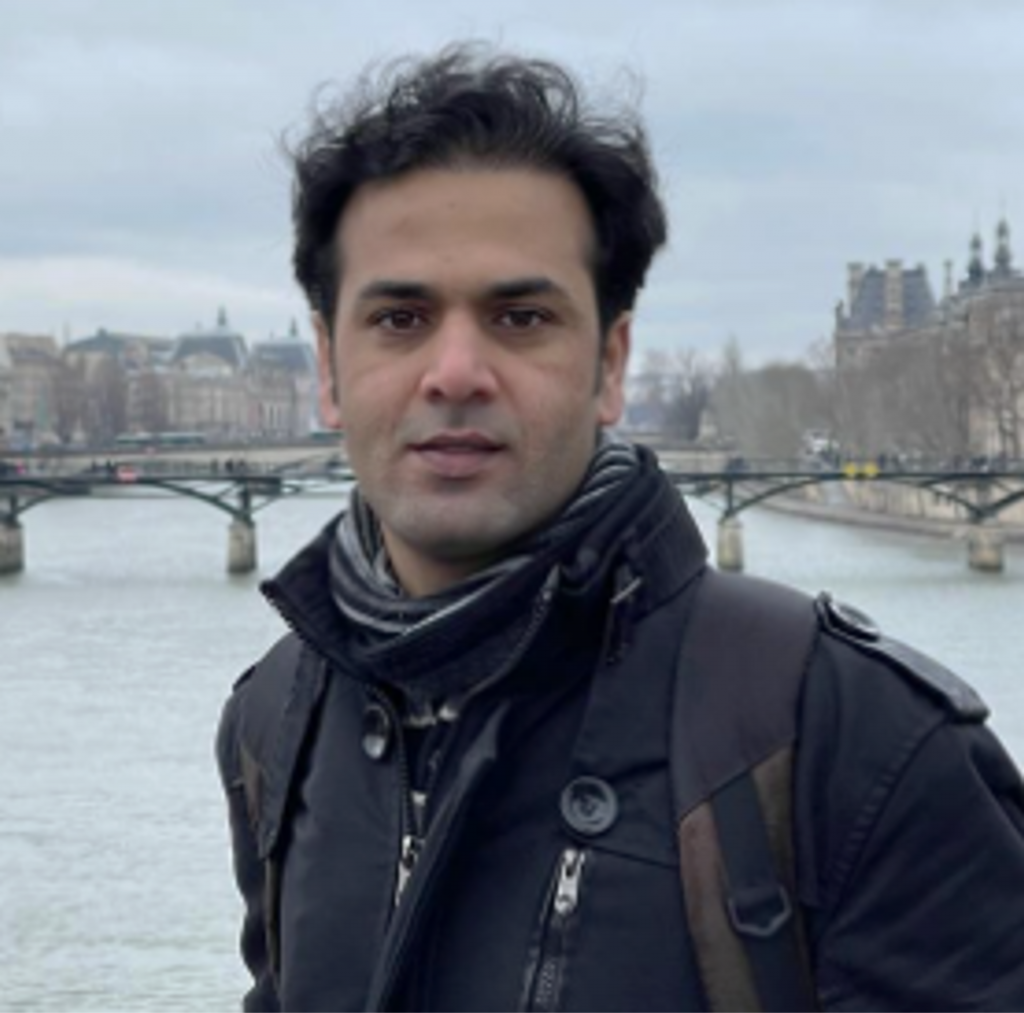
Nimat Ullah, PhD in AI from Social AI Group, VU Amsterdam. Currently, working as junior lecturer in AI, department of computer science.
Read more about NimatAs a junior lecturer, I collaborate with and provide support to the VU AI teaching staff in various Bachelor and Master AI courses. This support ranges form delivering lectures, to coducting working group sessions, (re)designing courses and course level coordination. Along with teaching responsibilities, I am also currently coordinating Master Project AI. Besides my teaching responsibilities, I also invlove myself in research every now and then. In my research, I focus on mental and physical health behaviour change through AI driven authonomous support systems for emotion and desire regulation. Therefore, as an inspiring young scientest, I am excited to join FYS and contribute to the society through this vibrant community. I believe the workshops organized by FYS not only enrich young scientists in various skills but also form a coherent community of scientists who support each other in various ways.
Previous Board Members
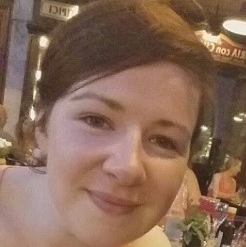
Denise Denning, worked as a postdoc at the Faculteit der Bètawetenschappen, Physics of Living systems, LaserLab. Now Technical Officer in the FOCAS Research Institute, Technological University (TU) Dublin.
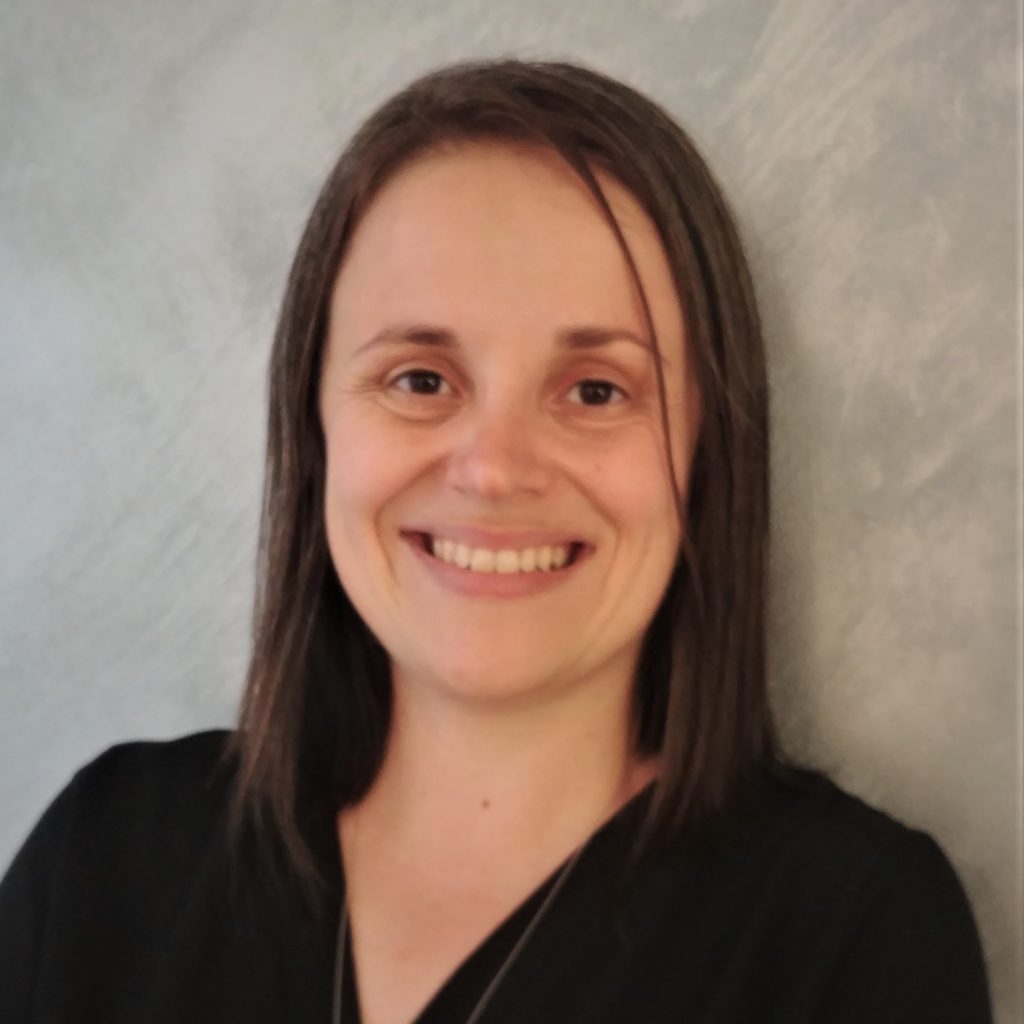
Raya Sorkin, worked as a postdoc at the Faculteit der Bètawetenschappen, Physics of Living systems, LaserLab. Now Assistant Professor at the School of Chemistry, Tel Aviv University, Israel.
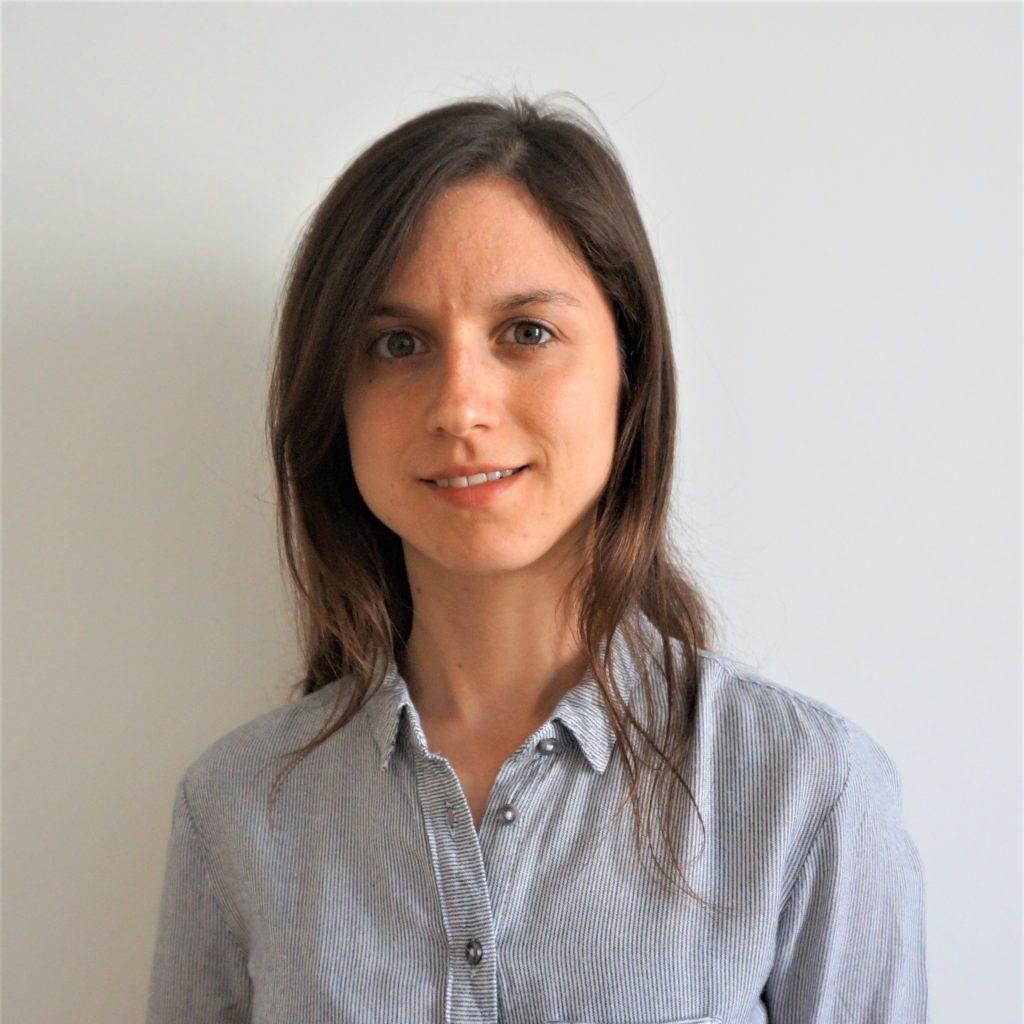
Margherita Marchetti, graduated as PhD at the Faculteit der Bètawetenschappen, Physics of Living systems, LaserLab. Now Investment Analyst.
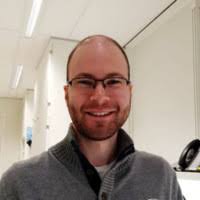
Maurice Steenhuis, graduated as PhD at the Faculteit der Bètawetenschappen, Molecular Microbiology, AIMMS. Now Postdoc in the Immupathology group at Sanquin.
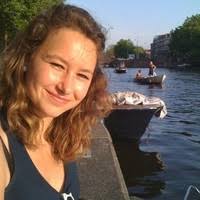
Rosa Luirink, graduated as PhD at the Faculteit der Bètawetenschappen, Computational and Molecular Toxicology, AIMMS.
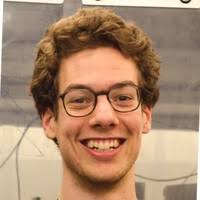
Joost Geldhof, worked at the Faculteit der Bètawetenschappen, Physics of Living systems, LaserLab. Now assistant medical physicist.
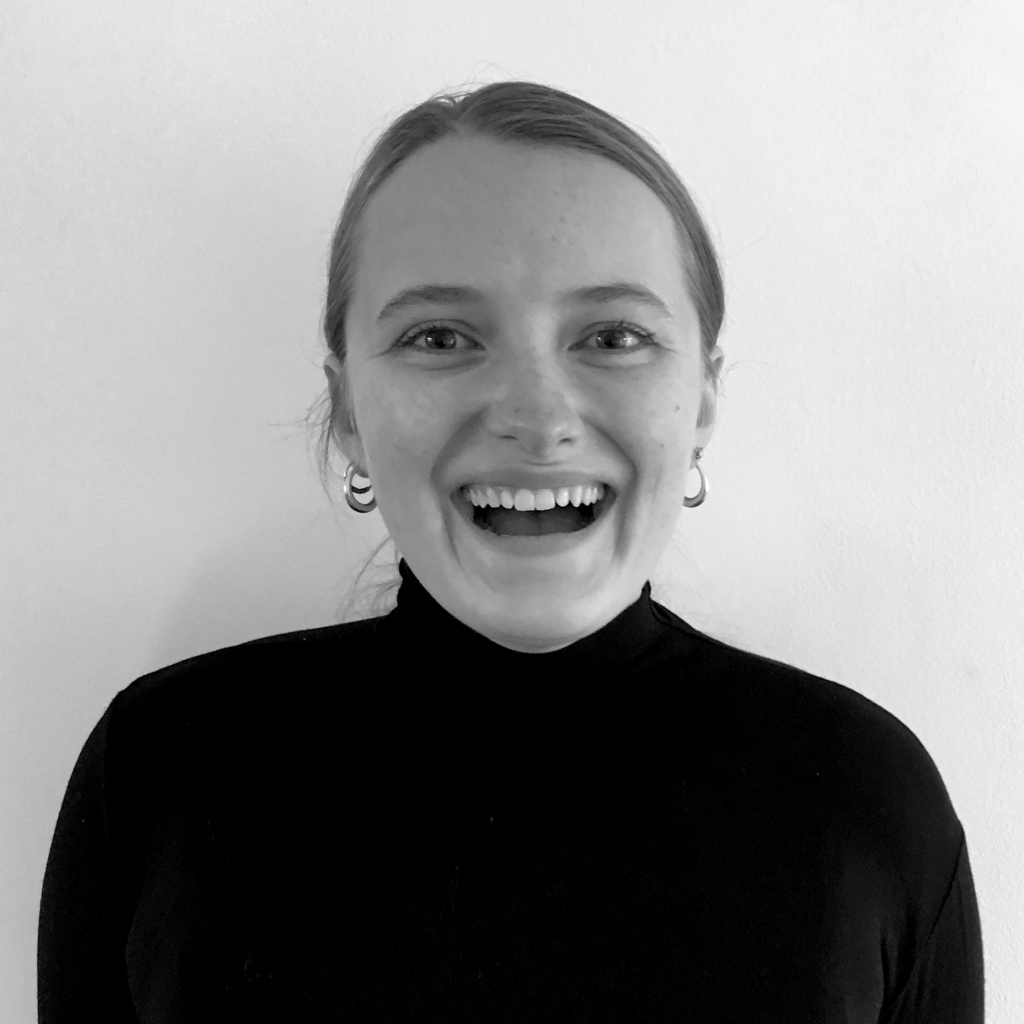
Charlotte Louise Raiser, worked as a Teaching and Research Assistant at the Department of Experimental and Applied Psychology. Now Wellbeing Policy Officer Eindhoven University of Technology.
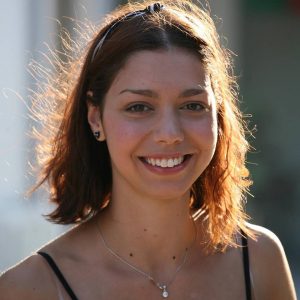
Laura Guilherme Luzia, graduated as PhD at the Faculteit der Bètawetenschappen, Systems Biology, AIMSS. Now Scientific Managing Editor at Elsevier.
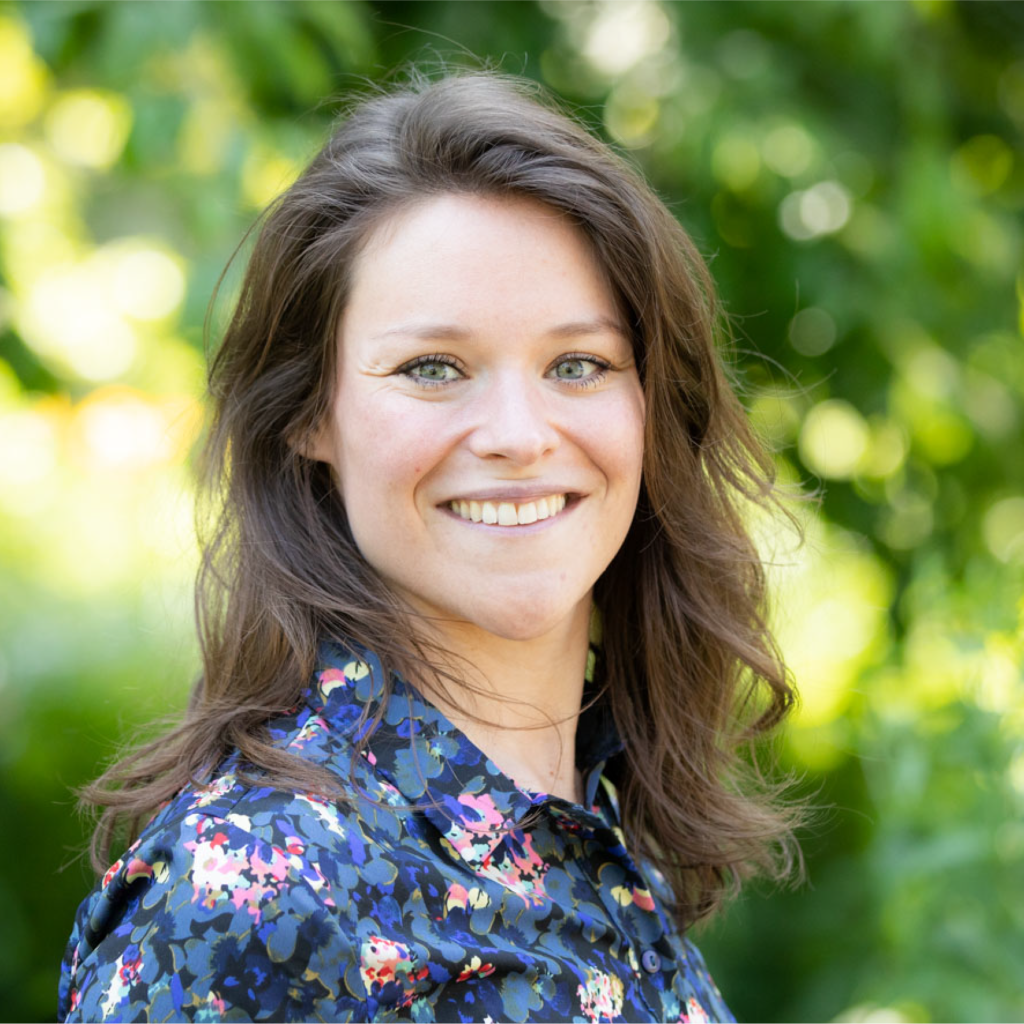
Dian Spakman, graduated as PhD at the Faculteit der Bètawetenschappen, Physics of Living systems, LaserLab. Now Scientist at QPS Netherlands.
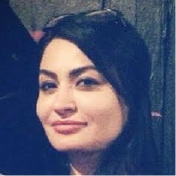
Mojdeh Khorrami, PhD of the Faculteit der Betawetenschappen, Afleding Gezondheids Wetenschappen.
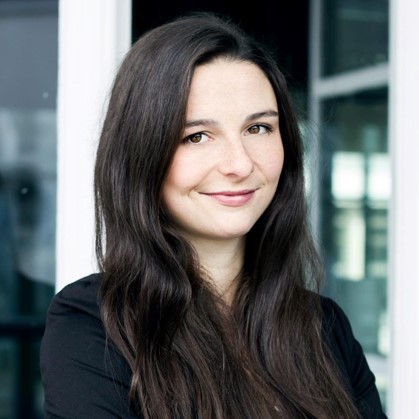
Jana Runze, PhD candidate of the Faculty of Behavioral and Movement Sciences, Clinical Child & Family Studies.
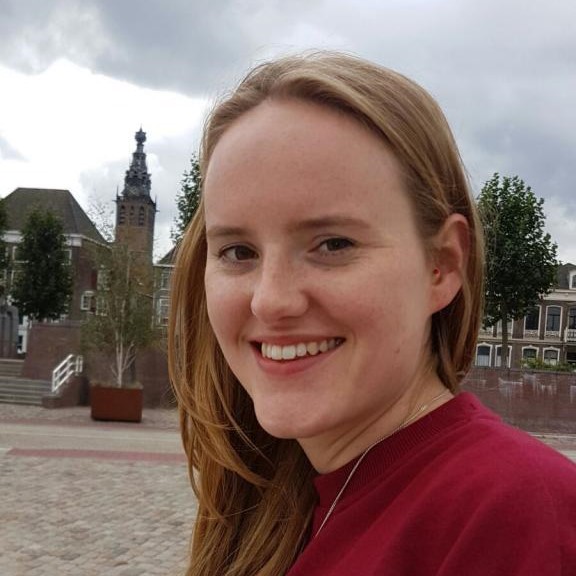
Merel Damen, PhD candidate of the Faculteit der Bètawetenschappen, Molecular Microbiology, AIMMS.
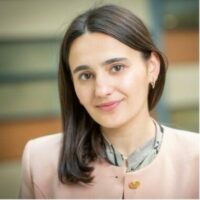
Desislava Nesheva, postdoctoral researcher in the Medicinal Chemistry / Molecular Pharmacology.
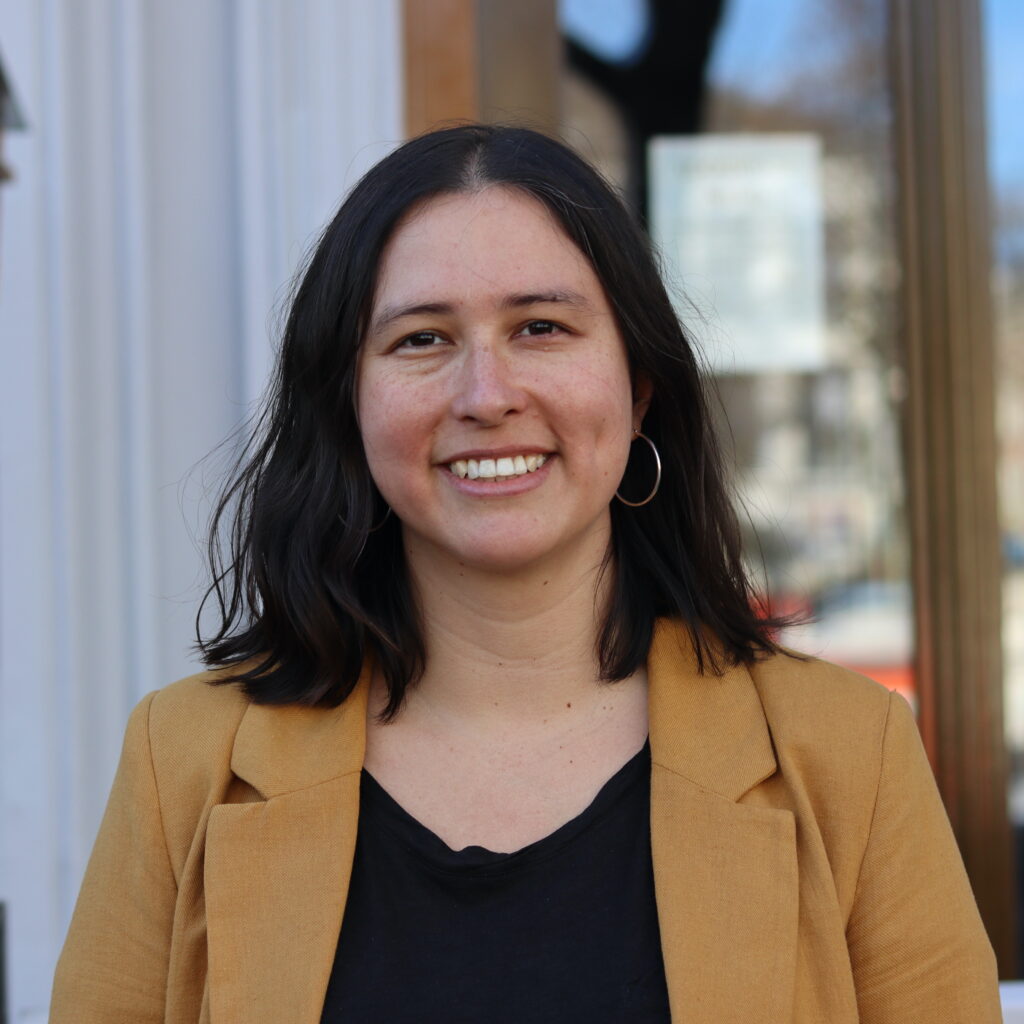
Paloma Opazo, PhD candidate of the Faculteit der Geesteswetenschappen, Language, Communication, and Cognition.
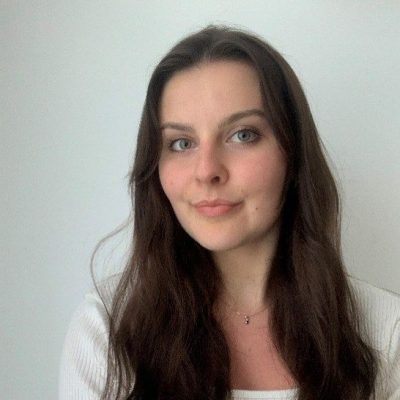
Natalia Janowiak graduated as a PhD at the Medicinal Chemistry / Molecular Pharmacology
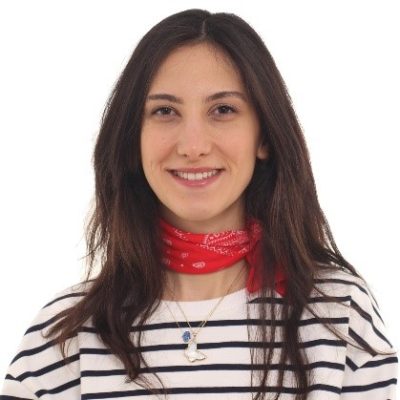
Merve Ceylan obtained her PhD degree at the Department of Periodontology, Academic Center for Dentistry, ACTA

Ekaterina Mavrina, PhD candidate at the KIN Center for Digital Innovation, School of Business and Economics.
Sponsors
All our workshops are free of charge for PhD-students and postdocs from the VU due to the generous support of our sponsors! Previous workshops (2016-2019) were paid by different institutes and departments of the VU, such as the Amsterdam Institute of Molecular and Life Sciences (AIMMS), the LaserLab institute, the Physics department and the VU human-resources department. We are very happy with these sponsors and would like to thank them for all their financial and administrative assistance. At the start of the year 2020, we obtained a grant from the VUvereniging to have an independent financial basis for three years! We are very excited about this grant and we hope to organize many interesting workshops the coming years.



